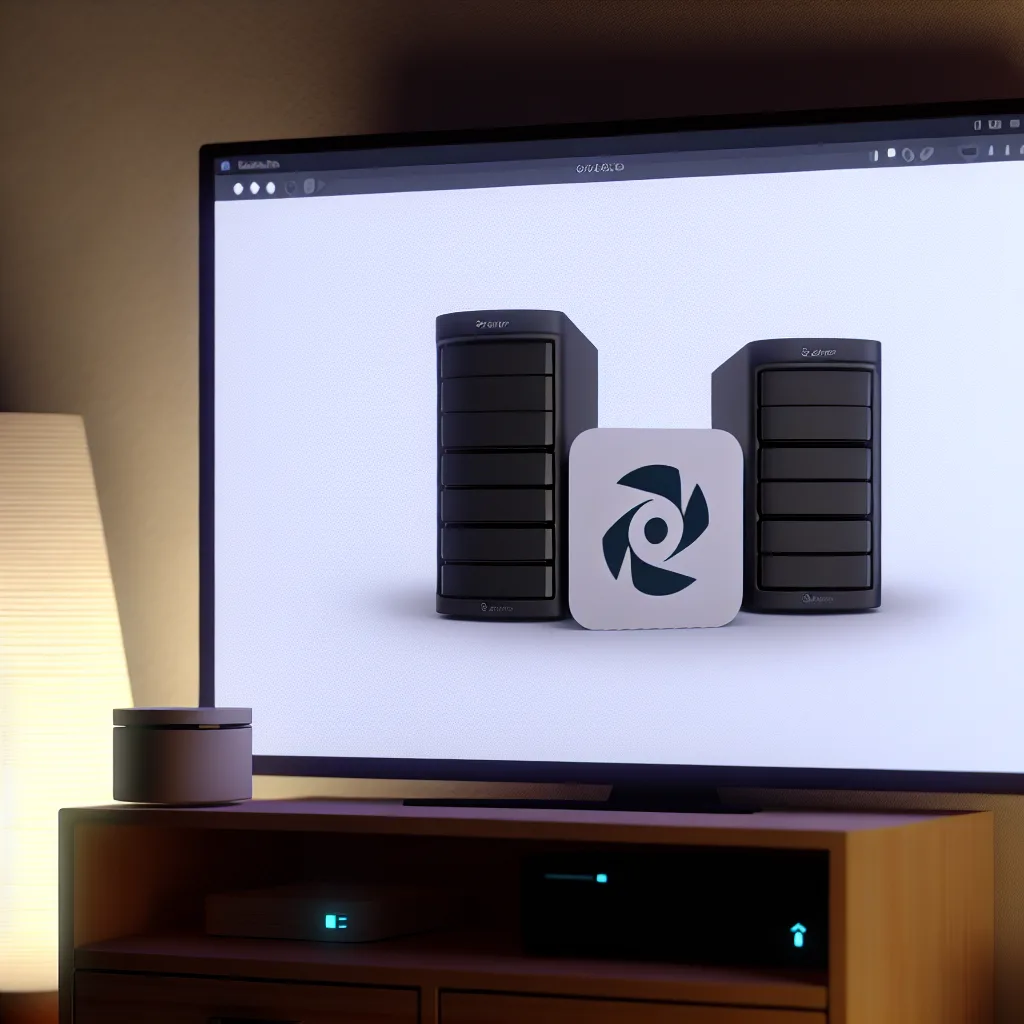Explore the pros and cons of TrueNAS community and Ubuntu Server LTS for your home server setup
If you’re diving into the world of home servers, one of the first big choices is picking the right operating system. I recently faced this exact question: Should I go with TrueNAS community or Ubuntu Server LTS for my home server setup? Both have solid features, but your needs might tip the balance one way or the other.
What I Needed in a Home Server Setup
I had a clear vision of what I wanted: a reliable data storage solution using either ZFS or BTRFS, and the flexibility to run various services like NFS and SMB file shares, a media management system (like Immich), multiple instances of Pi-hole for ad blocking, Unbound for DNS, Prometheus and Grafana for monitoring, plus custom-developed software. Since I prefer to run everything in Docker containers, the OS needed to support that smoothly without complicating the storage or network setup.
TrueNAS Community: Pros and Cons
TrueNAS is really popular for home NAS enthusiasts, especially because it uses ZFS, a powerful and robust file system. It handles data integrity and snapshotting brilliantly, which is great for backups and data safety. Plus, it offers a neat web interface making it easy to manage shares, backups, and users.
However, TrueNAS is primarily focused on NAS functionality. While it is possible to run Docker and other services through jails or virtual machines, it’s not as straightforward as on a general-purpose Linux distro. If your NAS needs are simple — like my two-drive mirror setup with NFS and SMB shares — TrueNAS can definitely handle it. But if you want to use a wide variety of services beyond file storage, the learning curve might be steeper.
Learn more about TrueNAS from the official TrueNAS documentation.
Ubuntu Server LTS: Flexibility and Familiarity
Ubuntu Server LTS is a general-purpose Linux distribution with long-term support. It doesn’t come with ZFS enabled by default, but you can set it up, alongside BTRFS if you prefer. It’s perfect if you want to customize your home server extensively. Running Docker and managing your services is straightforward on Ubuntu, and the community support is immense.
For a home server setup that goes beyond just storing files — like running databases, several Docker containers, or custom applications — Ubuntu’s flexibility is a big plus. Plus, setting up network shares like NFS and SMB is fairly simple and well-documented.
If you want to explore Ubuntu Server more, check out their official site.
What’s My Take?
I decided that the “all-in-one” aspect for my home server setup leaned me toward Ubuntu Server. Even though I like ZFS and might need to learn BTRFS, the ability to run everything in Docker without fighting the system’s native setup was worth it.
TrueNAS is fantastic if you want a robust, dedicated NAS with a simple setup and excellent data integrity features. But if you want more control and the ability to run many services seamlessly, a Linux server distro like Ubuntu Server LTS might be the better choice.
Final Thoughts
Picking the right OS for your home server setup really depends on what you plan to do. Don’t shy away from learning ZFS or BTRFS; they’re powerful file systems that can boost your data reliability.
Whether it’s TrueNAS or Ubuntu, both can be excellent choices. Take stock of your priorities: Do you want a dedicated NAS with less fuss, or a versatile server environment? That’ll guide your choice.
For further reading, consider exploring the Docker docs for container management tips and the ZFS on Linux project if you want to get deeper into ZFS on Linux platforms.
Good luck building your perfect home server setup!
